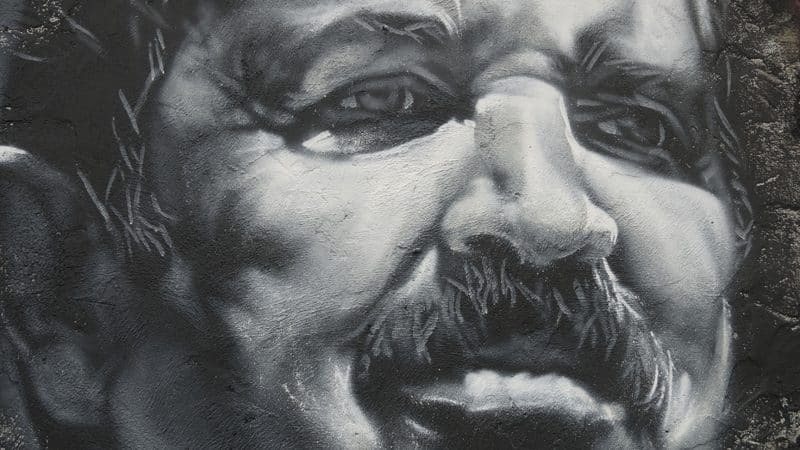A big victory for Amazigh movement activists. Yennayer, the Amazigh new year, is officially a national holiday in Algeria, announced the Moroccan-born president Abdelaziz Bouteflika on Wednesday, December 27.
Yennayer marks the first day of the agrarian calendar, celebrated by Amazighs across North Africa since antiquity on January 12.
Following the meeting of the Council of Ministers, Bouteflika issued a statement in which he expressed his best wishes to the Algerian people on the eve of 2018, and announced his decision to devote Yennayer as a “non-working and paid day” as of January 12, reported the Algerian media TSA Algérie.
“This measure, like all those already taken for the benefit of our national identity in its triple Islamic, Arab and Amazigh component, will strengthen the national unity and stability,” said Bouteflika.
The head of state also “urged the government to spare no effort to generalize the teaching and use of Tamazight, in accordance with the Constitution.”
Therefore, the 80-year-old president has instructed the government to accelerate the preparation of the draft organic law for the creation of an Algerian Academy of the Amazigh language, long-marginalized in the country.
However, these measures are still regarded by many activists as “symbolic decisions” taken by the Algerian state, in an attempt to ease the violent protests that torn up the Kabyle provinces in Algeria, and calm the Amazigh populations whose claims go beyond that.
Tamazight, is a language spoken by almost 10 million people in Algeria with its different variants (Chaoui, Kabyle, Mozabite, Tuareg).
In February 2016, Tamazight was finally recognized as an official language, when the Algerian parliament overwhelmingly passed a revision of the Constitution, establishing that Tamazight is an “official language” of the country while Arabic remains “the national and official language of the state.”














